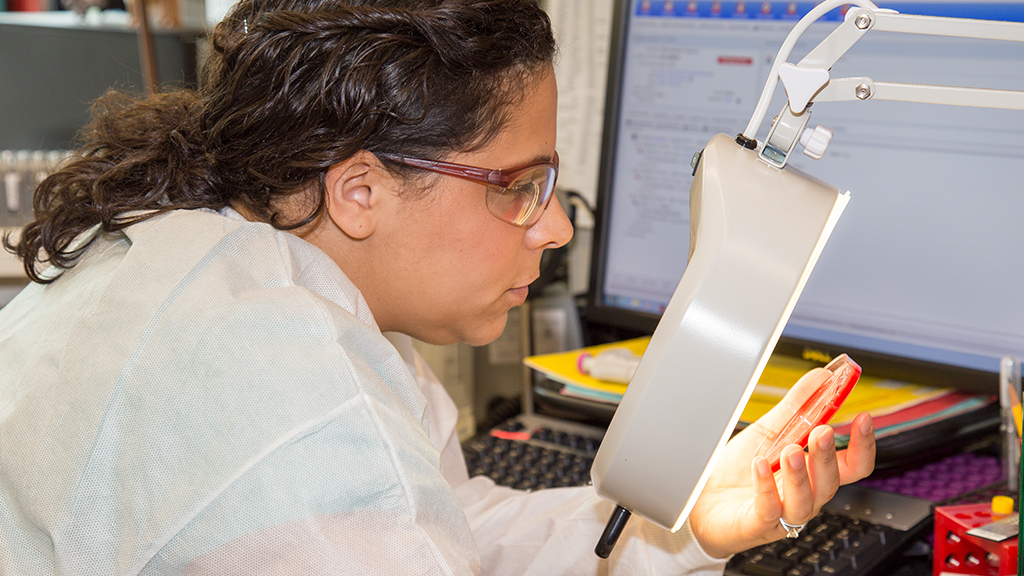The Role of Veterinary Labs in Protecting Pet Health
The Role of Veterinary Labs in Protecting Pet Health
Blog Article
Caring for your dog or cat’s health is crucial to their quality of life. Diagnostic centers for pets are crucial for identifying health issues for domestic animals like dogs and cats.
In this guide, we’ll discuss how pet diagnostic centers support animal care, what tests they offer, and how these services benefit your pets.
What Are Animal Diagnostic Labs?
Diagnostic services for pets help diagnose health conditions in pets. They are critical for animal doctors to deliver personalized care for pets.

How they work often includes:
- Animal sample gathering: Key biological materials are retrieved during vet visits.
- Testing procedures: Sophisticated machines run tests on the materials.
- Analyzing test results: The lab provides detailed reports to the veterinarian for health management plans.
Common Veterinary Tests for Pets
Animal health services specialize in various diagnostic services to monitor their well-being. Some of the most common tests include:
- Blood work: Monitor organ function.
- Bladder health evaluations: Spot bladder issues.
- Stool analysis: Ensure proper digestion.
- Dermatological evaluations: Identify environmental triggers.
- X-rays and ultrasounds: Examine internal organs.
Why Regular Testing is Important for Your Pets
Frequent lab testing ensures detecting issues early. Spotting problems quickly reduces treatment costs.

Some key benefits include:
- Better disease management: Early interventions for your pet’s needs.
- Reassurance for your family: Regular testing ensures clarity.
- Lower medical bills: Prevent costly procedures.
laboratório de análises veterinárias
laboratório clínico veterináriolaboratório de análises clínicas veterinária
Why Veterinary Testing is Essential for Cats and Dogs
Investing in diagnostic tests for your furry companions keeps them happy and healthy. Animal diagnostic centers help identify issues early to manage their health effectively.
Make lab testing part of your pet’s health plan to support their needs for years to come!
Report this page